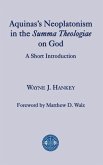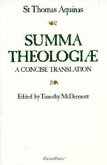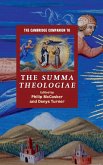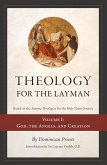"Through a detailed examination of Aquinas's treatment of prophecy in the Summa Theologiae (II-II, QQ.171-174), Rogers lays out a reading in line with recent 'ressourcement' Thomistic interpreters that identifies in his account of prophecy a creative adaptation of Arabic-Aristotelian gnoseology in the service of clarifying difficulties that had arisen in the thirteenth century surrounding the reception of a patristic (and predominantly Augustinian) tradition of prophetic illumination or vision. The author presents Aquinas as providing an initial (and historically-rooted) model for a Christian pedagogy that attempts to affect intellectual and moral transformation through communicating knowledge about God"--
Hinweis: Dieser Artikel kann nur an eine deutsche Lieferadresse ausgeliefert werden.
Hinweis: Dieser Artikel kann nur an eine deutsche Lieferadresse ausgeliefert werden.








